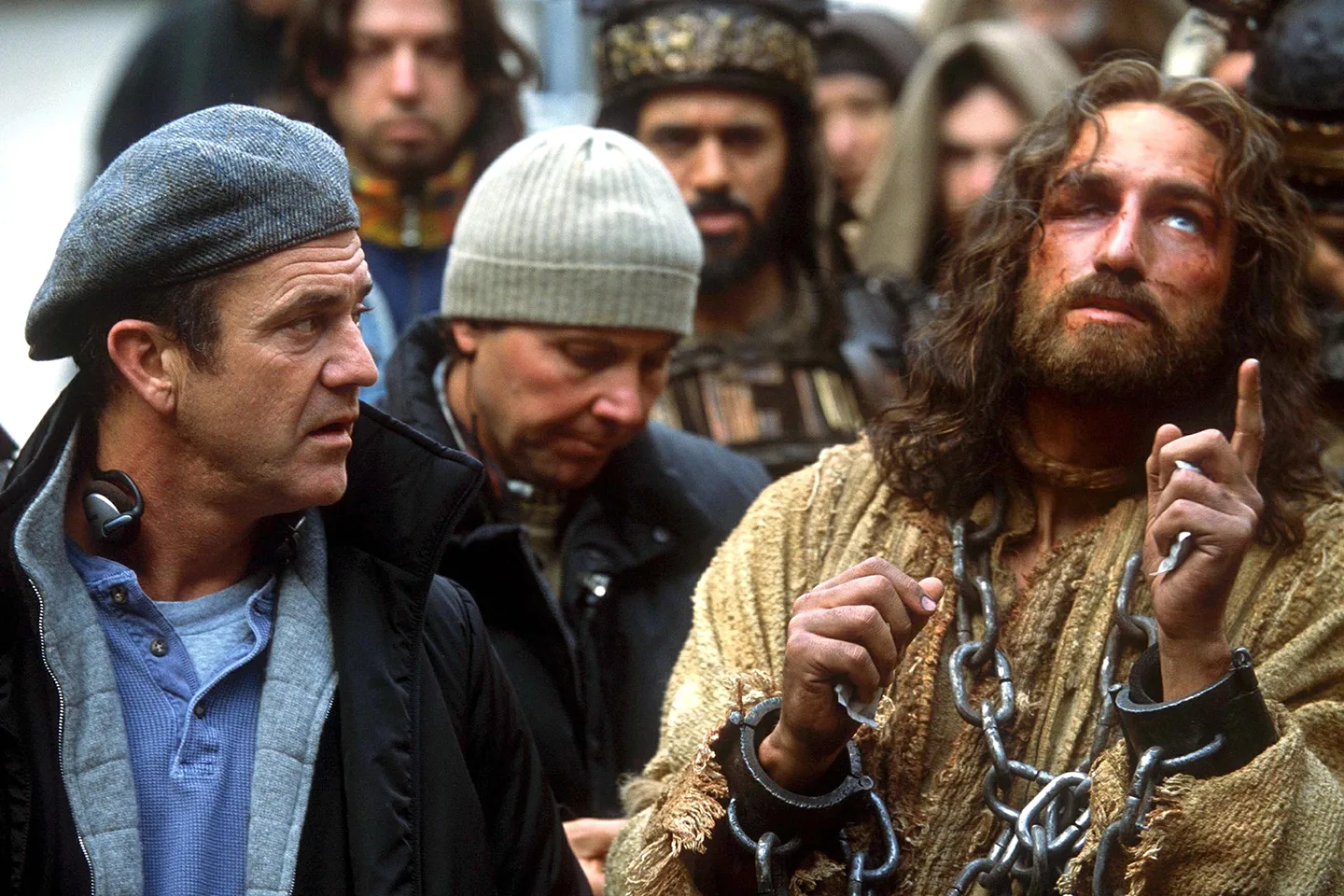Source for the picture https://www.vanityfair.com/hollywood
As the Kampala Christian International Film Festival (KCIFF) prepares to launch in April 2027, an important question must be asked: What makes a film truly “Christian”? Is it the presence of Bible verses and church scenes? Is it defined by who makes it, or by who watches it? As the boundaries of faith-based cinema continue to expand, KCIFF aims to create space for thoughtful engagement, creative storytelling, and a deeper reflection on the spiritual narratives that shape our lives.
Beyond the Cross on the Wall
The most straightforward understanding of a Christian film is one that explicitly presents Christian themes, messages, and characters. Films like God’s Not Dead (2014) and War Room (2015) have become hallmarks of evangelical cinema, delivering messages about faith, prayer, and redemption. Produced by overtly Christian studios, these films often serve as spiritual reinforcement for believers, affirming foundational doctrines and the power of God in everyday life.
Yet, if we stop there, we risk reducing Christian cinema to sermon-on-screen experiences, only intended for the already converted. A film with a pastor as a main character and frequent prayers is easy to label “Christian,” but does the outward packaging alone define the inner spiritual value of a story?
The Message Over the Label
Take for example The Blind Side (2009), starring Sandra Bullock. Though not branded as a “Christian” film, it is a powerful depiction of Christian compassion, hospitality, and sacrifice. The Tuohy family, inspired by their faith, take in Michael Oher, a homeless African-American teenager, and support him in transforming his life. The story speaks volumes about Christ-like love in action, even without quoting Scripture at every turn.
Similarly, A Hidden Life (2019), directed by Terrence Malick, tells the story of Franz Jägerstätter, an Austrian farmer who refused to swear allegiance to Hitler because of his Christian convictions. The film is visually poetic, spiritually intense, and deeply rooted in Christian ethics. It does not follow the mold of mainstream faith-based films, but its exploration of conscience, martyrdom, and grace is profoundly Christian.
African Stories of Faith
In Uganda and across Africa, Christian storytelling has often taken the form of oral traditions, music, and drama. The emerging film industry presents new opportunities to reimagine these stories for the screen. Films like Bella (Nigeria, 2020) and 70×7 (Kenya, 2018) have shown that African Christian cinema can be raw, authentic, and culturally grounded, portraying the spiritual struggles of real people in real situations.
In Uganda, local productions such as Mukisa by Media 256 have used modern film techniques to explore Christian values such as forgiveness and integrity in Ugandan contexts. These films may not always be labeled “Christian” in the traditional sense, but their moral backbone and redemptive arcs place them firmly within the wider faith-based storytelling tradition.
Who is Telling the Story?
Another dimension is the filmmaker’s intent. At KCIFF, we recognize that the heart behind the camera matters. A director who approaches storytelling from a Christian worldview will inevitably embed spiritual values into their work—even in subtle or allegorical ways. The Chronicles of Narnia films, based on C.S. Lewis’s Christian allegories, are rich with biblical parallels, yet remain accessible to a broad audience.
Should a film with no explicit mention of Christ, but told through the lens of grace, mercy, and justice, be considered Christian? We believe the answer can be yes.
A Festival of Faith and Creativity
KCIFF exists to celebrate not only films about faith but films formed by faith—whether explicitly or implicitly. We welcome stories that explore doubt, hope, reconciliation, and transformation. Films that challenge, inspire, and wrestle with life’s big questions through the light of Christian truth.
As we look forward to the inaugural KCIFF in April 2027, we invite filmmakers, writers, producers, and audiences to join us in exploring these boundaries. Let us move beyond clichés and embrace a broader, richer vision of Christian cinema—one that is not confined by formula, but freed by faith.
After all, the greatest storyteller in history, Jesus Christ, used parables that were simple yet profound, local yet eternal. Our challenge is to follow His example—telling stories that resonate in both heart and spirit.


Leave a Reply